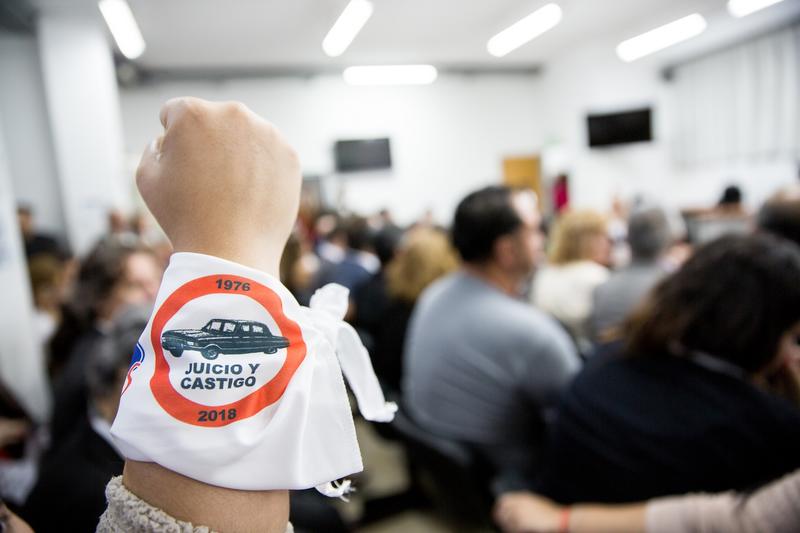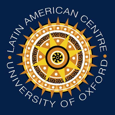Advancing Human Rights Accountability
Advancing Human Rights Accountability consists of several projects developed by Professor Leigh A Payne in collaboration with practitioners from the region and her research team of post-doctoral fellows, doctoral, and masters students.

DISAPPEARANCES IN THE POST-TRANSITIONAL ERA
Much of the research and litigation around forced disappearances focuses on their occurrence during authoritarian or armed conflict situations. This project examines the phenomenon of disappearances after the transition from such situations in Latin America today. The project consists of the creation of a database of disappearances in Mexico, tracking 'best practices' in terms of the search for the missing and justice for wrongdoing, and developing policy responses to the phenomenon (working together with UNAM, FLACSO-Mexico, several Mexican human rights NGOs, and the University of Minnesota). In Brazil, the project has also worked with the São Paulo state prosecutor's office, forensic anthropologists at UNIFESP, and families of victims. The project includes Argentina, specifically working with CELS on the recent disappearance and death of Santiago Maldonado. It also includes recent work in El Salvador. The project has been supported with two Newton Fund projects and Open Society Foundation grants. An edited volume is forthcoming as well as several policy reports.
CORPORATE ACCOUNTABILITY AND TRANSITIONAL JUSTICE
Building on Professor Payne's work on the impact of transitional justice, she began working with a team of researchers in Argentina and Colombia to look into when economic actors complicit in crimes against humanity have been held accountable. The findings are presented in Transitional Justice and Corporate Accountability from Below: Deploying Archimedes' Lever (Cambridge University Press, 2019). The argument made in the book is that while trials and truth commissions around the world have attempted to hold economic actors accountable for gross violations of human rights, Latin America has been a leading protagonist in these efforts. The researchers contend that this results from a kind of Archimedes' Lever: weak actors with the right tools can lift the world. The book shows how victims and their families in the region (weak actors) have demanded accountability. Institutional innovators employing domestic ordinary law combined with international human rights norms (right tools) have translated those demands into accountability efforts. They have come up against powerful veto players attempting to hold down corporate accountability. Yet, in the right context, when the fulcrum is placed closer to accountability, even weak actors with the right tools can lift the corporate accountability weight. In addition to the academic book, the research team has worked together with their practitioner partners on accountability efforts in Argentina, Chile, and Colombia. This project was funded by British Academy, Leverhulme, Arts & Humanities Research Council-National Science Foundation, John Fell Fund, and the Economic & Social Research Council.
THE RIGHT AGAINST RIGHTS
Latin America has experienced what some might call a 'rights revolution' since its transition from authoritarian rule and armed conflict. But the region is currently experiencing a backlash against some of these rights. The project explores the organization of religious and political groups attempting to rollback indigenous rights, LGBT+ rights, women's and reproductive rights, and trials for human rights violations. A preliminary meeting was held during the 2019 Latin American Studies Association meetings where researchers presented studies on Bolivia, Brazil, Chile, and Colombia. The project is developing to also include Argentina, El Salvador, Mexico, and Uruguay.
LEFT UNSETTLED
This project follows on Professor Payne's study of Unsettling Accounts: Neither Truth nor Reconciliation in Confessions of State Violence (Duke University Press, 2008). That book traced the political impact of confessions to violence by perpetrators of state violence in Argentina, Brazil, and Chile. The new project will use a similar performative methodology to study confessions to violence by the Latin American revolutionary left. The project was initiated with a study on Argentina. In 2019, Professor Payne held a workshop with scholars and journalists from Colombia to look at confessions from the FARC in Colombia. She plans to add studies of similar confessions in Brazil, Chile, and Peru.



